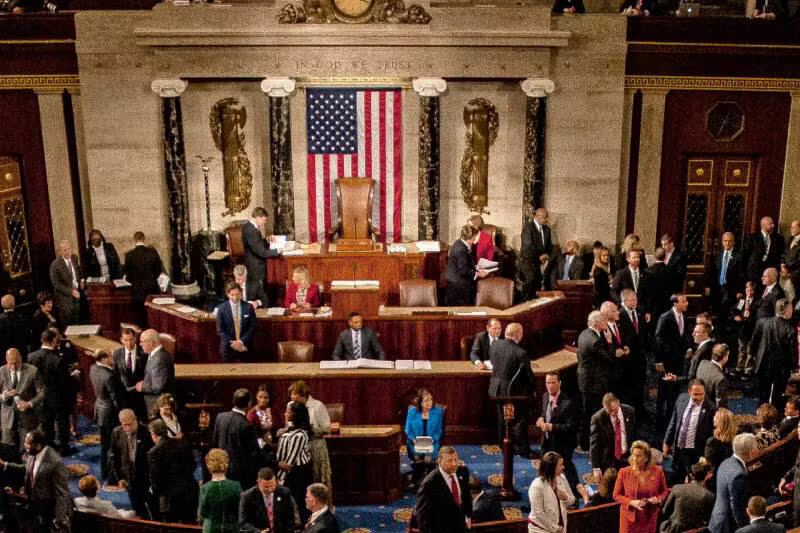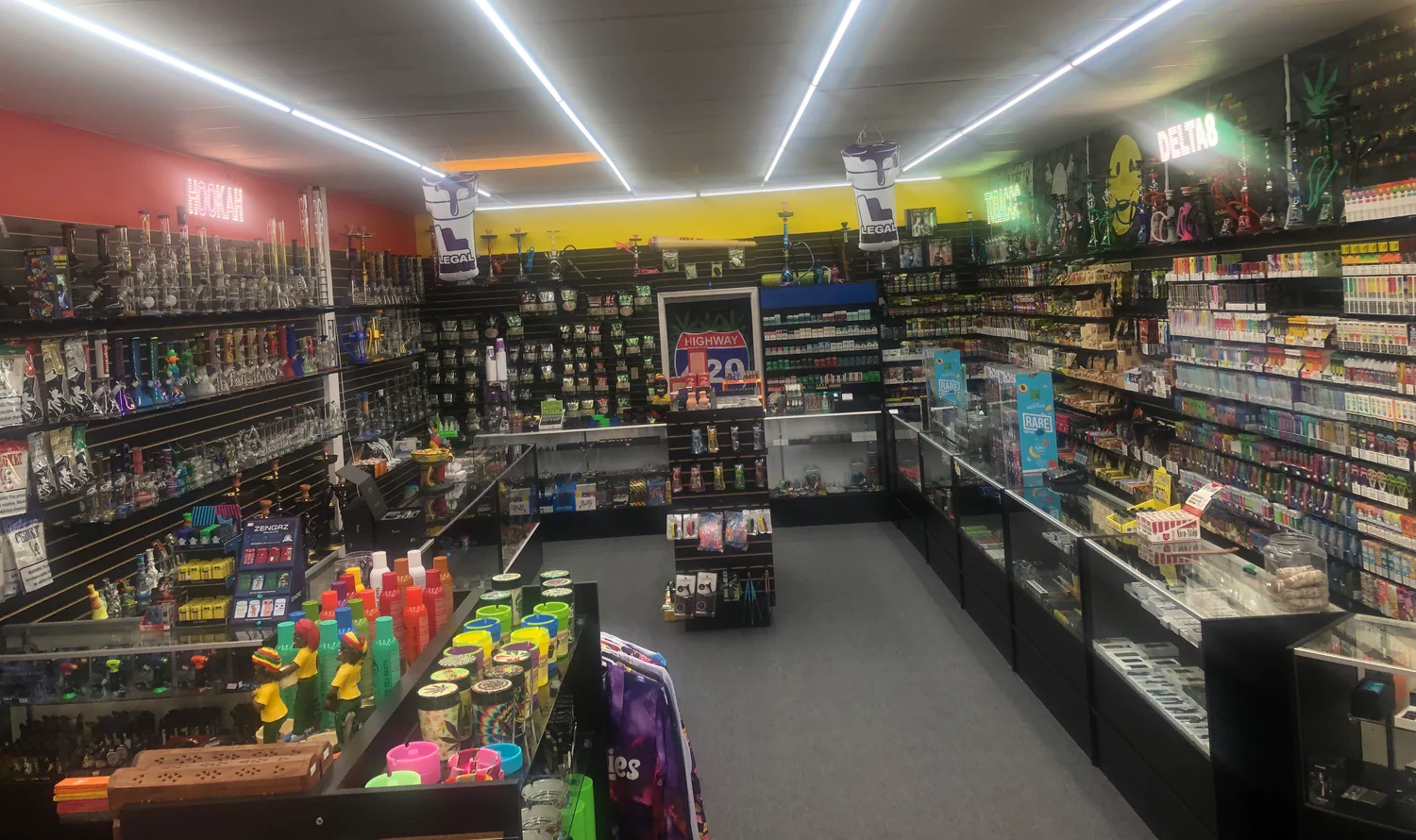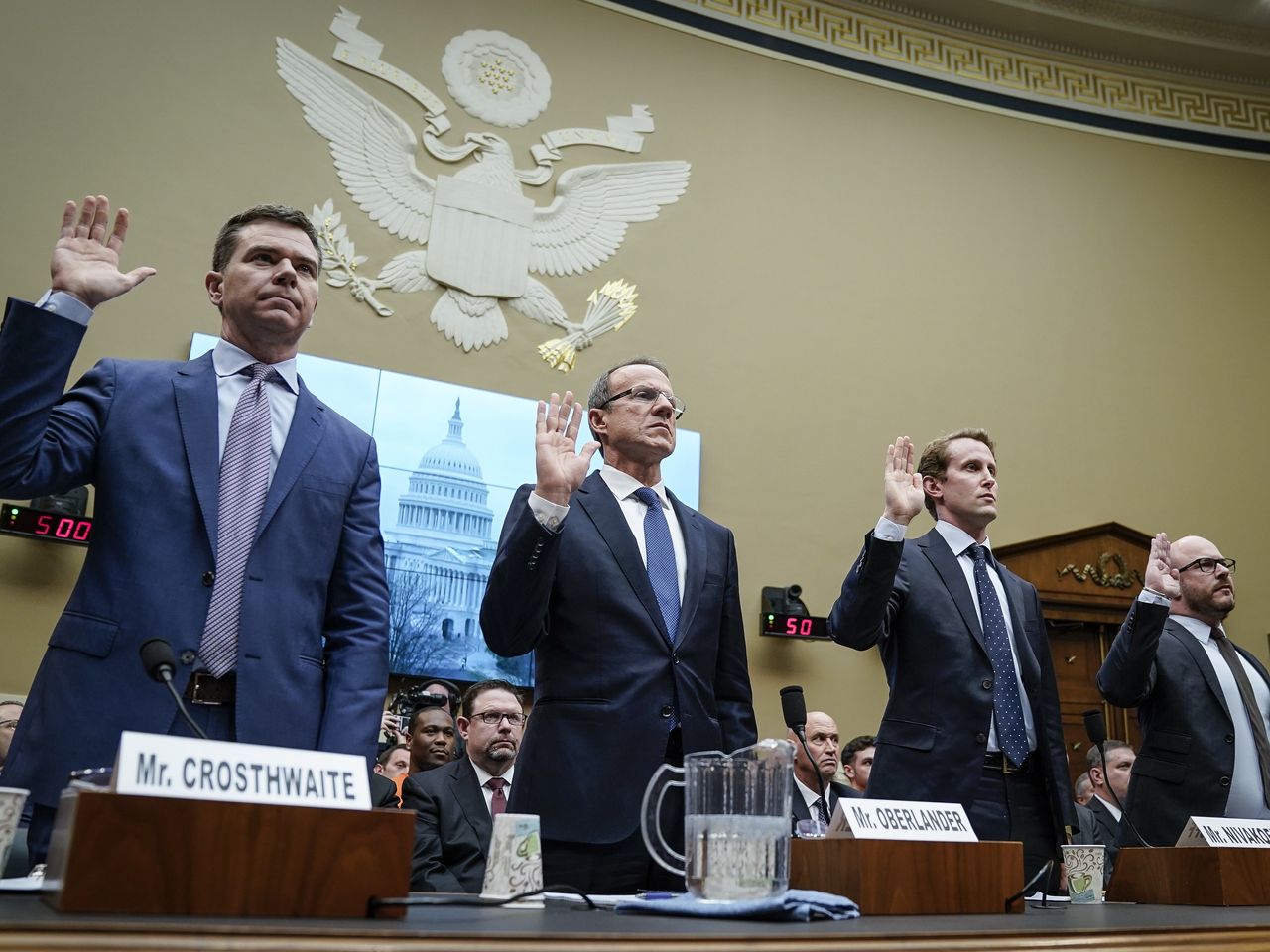New Regulations Targeting E-cigarette Sales
In a bid to address growing concerns over youth vaping and health risks associated with electronic cigarettes (e-cigarettes), North Carolina has taken significant steps to tighten regulations on e-cigarette businesses operating within its borders, particularly in Jacksonville. This move comes amidst a nationwide push to curb the rise of vaping among adolescents and the emergence of vaping-related health issues. Let’s delve into the specifics of these new regulations and their implications for e-cigarette businesses in Jacksonville.
New Regulations Targeting E-cigarette Sales
In response to mounting concerns regarding the widespread availability and use of e-cigarettes among minors, North Carolina has enacted a series of stringent regulations aimed at curbing underage vaping and regulating the sale of vaping products. These measures encompass various aspects of the e-cigarette industry, from sales and marketing to product labeling and enforcement.
Measures Implemented by North Carolina
- Age Verification Requirements: E-cigarette retailers in Jacksonville are now mandated to implement robust age verification procedures to prevent the sale of vaping products to minors. This may involve requiring customers to provide valid identification proving they are of legal age to purchase such products.
- Restrictions on Flavored E-liquids: In a move to deter youth vaping, North Carolina has imposed restrictions on the sale of flavored e-liquids, particularly those with appealing flavors that may attract underage users. This measure aims to reduce the attractiveness of e-cigarettes to adolescents and discourage initiation into vaping.
- Enhanced Warning Labels: E-cigarette packaging in Jacksonville must now prominently display health warning labels highlighting the potential risks associated with vaping, including nicotine addiction and respiratory issues. These labels serve to educate consumers about the potential health hazards of e-cigarette use and encourage informed decision-making.
- Tighter Marketing Regulations: The new regulations also include restrictions on the marketing and advertising of e-cigarettes, particularly in channels that are likely to reach minors. This may involve limitations on advertising in locations frequented by youth and stricter guidelines for online promotion of vaping products.
Impact on E-cigarette Businesses in Jacksonville
- Compliance Costs: E-cigarette businesses in Jacksonville will incur additional costs associated with implementing the required age verification systems, updating packaging to comply with labeling requirements, and adapting marketing strategies to align with the new regulations.
- Shift in Product Offerings: With restrictions on flavored e-liquids, e-cigarette retailers in Jacksonville may need to reassess their product offerings and focus on alternative options that comply with the regulations. This could lead to a shift towards offering a greater variety of non-flavored vaping products.
- Market Adaptation: To navigate the evolving regulatory landscape, e-cigarette businesses in Jacksonville will need to adapt their marketing strategies and explore new avenues for reaching their target demographic while adhering to the imposed restrictions. This may involve exploring alternative marketing channels and messaging that resonate with adult consumers.
Conclusion:
The tightening of regulations on e-cigarette businesses in Jacksonville reflects North Carolina commitment to addressing the public health concerns associated with youth vaping. While these measures may present challenges for e-cigarette retailers, they are essential steps towards safeguarding the health and well-being of the community, particularly its youth. By enforcing stricter regulations on e-cigarette sales and marketing, North Carolina aims to mitigate the risks posed by vaping and create a safer environment for all residents.



